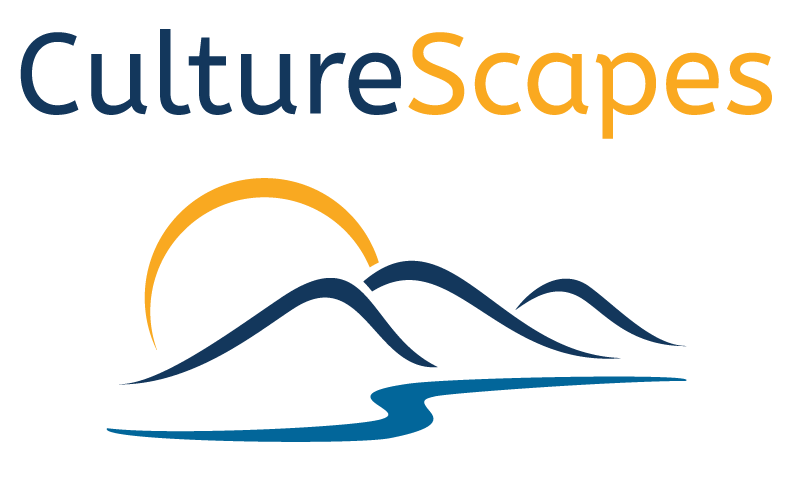
Don’t Be Afraid. Close Some Doors!
There’s a story about Xiang Yu, a Chinese general in the 3rd century BC. He led his troops across the Yangtze River to attack the enemy. One night they stopped overnight on the riverbank, and while the troops slept, Xiang Yu destroyed all cooking tools and burned the ships. They no longer had the distraction of the possibility of retreat. All they could do was go forward to fight and win—or die. He had closed all the other doors. Happily for Xiang Yu and his men, they won the battle. (Ariely, 2010).
Dr. Dan Ariely uses this story in his book Predictably Irrational, to illustrate how we have trouble letting go of what we have, even when they are useless or undesirable. Ariely, along with his colleague, Jiwoong Shin devised an experiment to demonstrate what we do when those doors begin to close and options disappear. Even when the options are not good for us.
If you’re not sure what I mean by ‘closing doors,’ think about being in a relationship that has run its course, or you know the relationship is not healthy for you. Even if we have many other relationships that are possible, we often cannot let go of the old relationship, ‘just in case.’ We don’t close the door. Or what if you’re in a job where you are unhappy. Most of us stay longer than we should—hesitant to take the steps necessary to move on, even when opportunities are abundant. You’ll often hear people say ‘Better the devil you know than the devil you don’t know.
There are two points worth thinking about here. One is the fear of loss and losing options. And then there is the familiarity of the ‘old’ that makes it harder to give up. The ‘new’ is uncertain after all.
Businesses face this dilemma every day. In business, it is hard to move away from the ‘known’ and toward the ‘unknown.’ After all, the practices and procedures that keep the business running took time to develop, and they work. But wait a minute—they worked in the environment they were developed in. But the environment changes, and sometimes this means business has to change procedures and practices.
For years we have heard about the shrinking Canadian-born workforce—advancing age is pushing more people into retirement, part-time work, and even different careers. Younger generations are eager to get into the workforce—but their numbers are smaller, and they have a different set of attitudes and values. And the skills needed today are not the same as they were years ago. Everything is changing and it’s harder to fill the necessary skills gaps. If the workforce has changed and desired skills have changed, then the way we recruit and who we recruit has to change. But change is hard.
Business today must recruit new people—which means people that weren’t always considered first choice. Skilled immigrants, Indigenous, female and people with disabilities, are now in greater demand because the old talent pool is shrinking. If you use the old methods of recruitment and retention, you will not attract and retain this new labour pool. Your old methods will cause you to overlook, undervalue and even exclude these other groups.
This ‘new’ pool of talent brings skills, values, competencies and expertise that can fill the burgeoning talent gap in your workplace. To capitalize on this talent pool you’ll have to adapt the way you recruit, hire and develop employees. We can’t go into the adaptations here—look for more in future broadcasts—but notice I say adaptation. I’m not suggesting that you close the door to your values and goals. Keep them and claim them as your own. Just don’t keep so many options open that they slow you down!
I recommend that you take a look at Dan Ariely’s short interview about his online tool to simulate dating online. I see some wonderful corollaries to hiring and job search activities. Think about it!
Ariely, D. (2010). Predictably Irrational, Harper Collins Publishing, Chapter 9, p. 183.
